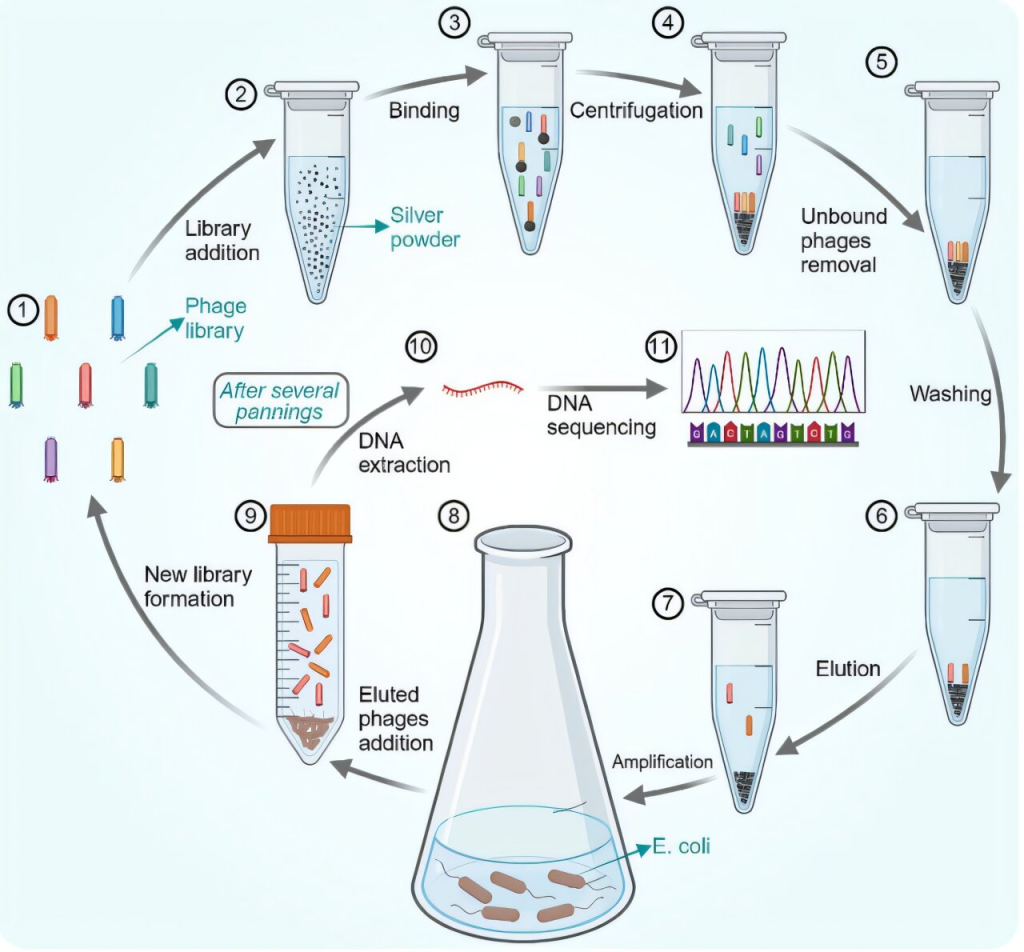
Researchers at the Australian Research Council (ARC) Center of Excellence for Enabling Eco-Efficient Beneficiation of Minerals (COEMinerals) have made a significant breakthrough in the recovery of critical and rare earth minerals and metals, advancing Australia’s sustainability goals and strengthening its strategic industries.
Led by Center researcher Professor Chun-Xia Zhao from the University of Adelaide’s School of Chemical Engineering, the Center has applied learnings from multiple scientific disciplines to mimic how a cancer-targeting drug finds cancer cells—but in this case finding a one-in-a-billion peptide molecule targeting a given mineral or metal.
“We knew nature contained molecules with selective binding properties,” said Professor Zhao. “By harnessing these properties, we were able to find precise peptide matches for specific minerals, each one fitting like a jigsaw puzzle.”
This advancement has the potential to unlock the equivalent of a “DNA code” for every mineral and metal on planet Earth and revolutionize mineral processing. It also heralds environmental benefits.
“Current mineral separation processes can require hundreds of stages. This is not only inefficient and costly but involves toxic solvents that harm the environment. In contrast, the Center’s new biomolecule approach offers selective and recyclable peptides as a single-stage process, reducing both complexity and waste,” Professor Chun-Xia Zhao added.
The biotechnology approach was tested on silver, which resulted in selective separation of silver particles from silica, a common waste byproduct, and achieving over 98% silver purity, with a recovery rate of more than 95%, as published in Advanced Functional Materials. Broader testing is now underway, with early indications that the peptide-matching approach offers promising performance, especially for rare earth minerals.
ARC Chief Executive Officer Professor Ute Roessner commented, “This achievement shows how government support for research can lead to real-world outcomes that boost innovation, improve productivity, and benefit Australia in the long run.”
Propelling the move from idea to industry impact, a license agreement is in place with Theia Metals Pty. Ltd. to progress the next stage of technology development.
Theia Metals CEO Russell J. Howard, an Australian entrepreneur, scientist and executive who is a pioneer in the field of molecular science, formally based in California, said, “Partnership and licensing to Theia Metals begins the process of investor and corporate mining partner-led development of this technology to the marketplace.”

